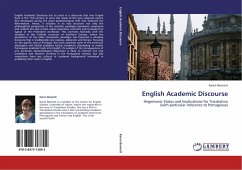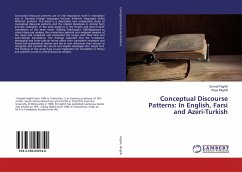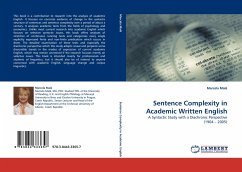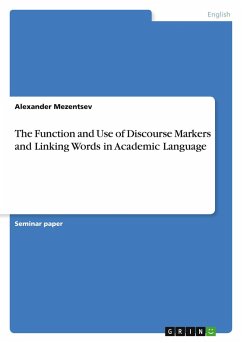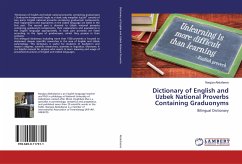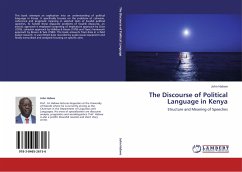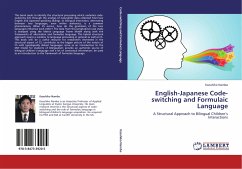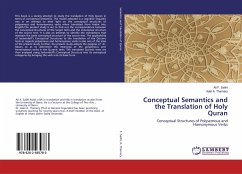English Academic Discourse has its roots in a discourse that was forged back in the 17th century to serve the needs of the new empirical science that developed during the great epistemological shift that followed the Reformation. Hence, it encodes in its very structure not only the philosophical perspective of the scientific paradigm (positivism, empiricism and realism) but also certain values (plainness, economy and transparency) typical of the Protestant worldview. This contrasts markedly with the situation in the Catholic countries of Southern Europe, where the persistence of the older humanistic paradigm has favoured a scholarly discourse that is traditionally very copious, elaborate and literary. Focusing on the specific case of Portugal, this work examines some of the technical, ideological and ethical problems facing translators attempting to render Portuguese academic texts into English. Its analysis of the consequences of one particular epistemological disjunction is likely to interest not only translators and teachers working in the Portuguese context, but also researchers from any cultural or academic background interested in publishing their work in English.
Bitte wählen Sie Ihr Anliegen aus.
Rechnungen
Retourenschein anfordern
Bestellstatus
Storno

